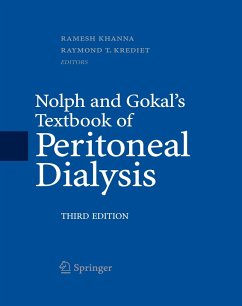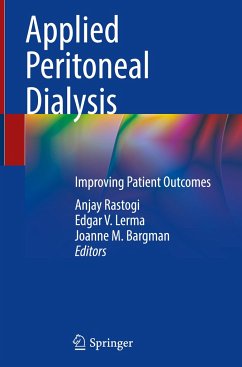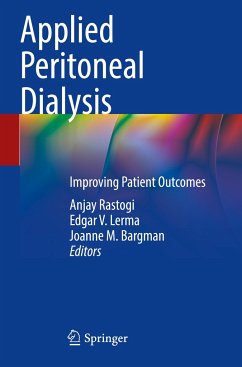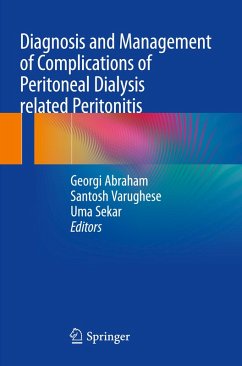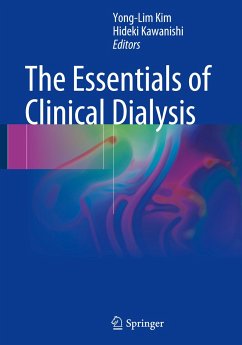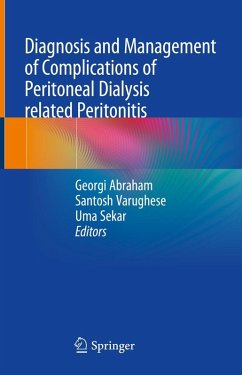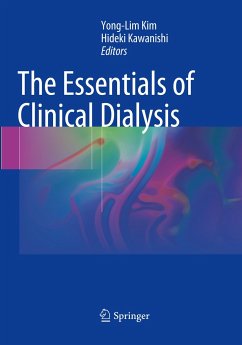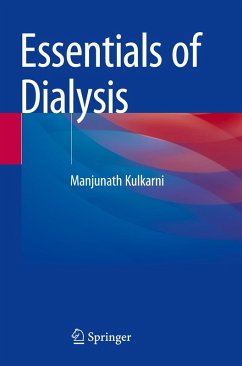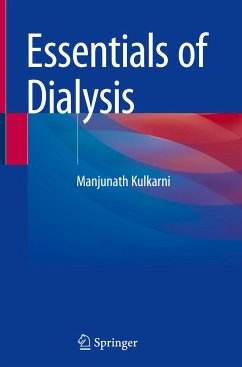
Nolph and Gokal's Textbook of Peritoneal Dialysis
Versandkostenfrei!
Versandfertig in 1-2 Wochen
372,99 €
inkl. MwSt.

PAYBACK Punkte
186 °P sammeln!
This fourth edition comprehensively covers peritoneal dialysis. Peritoneal dialysis represents an intracorporeal technique for blood purification. This unique dialysis system represents one of many human attempts to manipulate nature for sustenance of life. Recent advances have focused on further improvement of the technique, which are covered in full throughout the text. During the past decade, the time during which this therapy has been increasingly utilized, the 3rd Edition has continued to be recognized as the major source of the discipline's base knowledge. The evolution of this text to i...
This fourth edition comprehensively covers peritoneal dialysis. Peritoneal dialysis represents an intracorporeal technique for blood purification. This unique dialysis system represents one of many human attempts to manipulate nature for sustenance of life. Recent advances have focused on further improvement of the technique, which are covered in full throughout the text. During the past decade, the time during which this therapy has been increasingly utilized, the 3rd Edition has continued to be recognized as the major source of the discipline's base knowledge. The evolution of this text to its newest edition parallels the growth of peritoneal dialysis from Continuous Ambulatory Peritoneal Dialysis in the eighties to the current therapy that encompasses manual and automated therapies with full emphasis on adequacy of dialysis dose. Nolph and Gokal's Textbook of Peritoneal Dialysis is the most in-depth publication on this dialysis technique and is an ideal resource for all clinicians practicing peritoneal dialysis.



